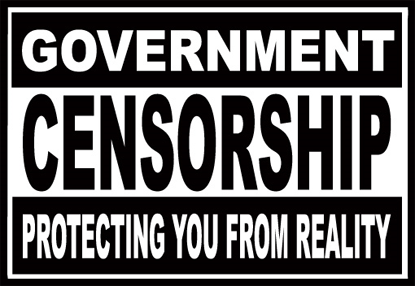Quite simply, Citizen Journalism occurs ‘When members of the public- who are not journalists, engage in journalism'.
Essentially this means that individuals who are not qualified journalists are able to assist and play an active role in the process of collecting and reporting information and news. The idea behind the concept of citizen journalism is that the average person is able to use modern technology and produce a story which will then be distributed to others. Such stories may include newsworthy digital photos posted on a personal blog or newsworthy videos recorded and posted on websites such as YouTube or Facebook.
The rise of citizen journalism first occurred in the United States where citizens began questioning the coverage of events such as the U.S presidential election in 1988. Therefore Professional Journalists of that era began recruiting members of the public and requested for their point of view.
The technology of the 21st century has allowed the citizen journalist movement to flourish. With the introduction of social networking and blog sites such as Facebook, MySpace, Twitter, more and more individuals are subconsciously becoming citizen journalists by posting and responding to newsworthy stories.
Various worldwide tragedies such as September 11 2001 US Bombings and Bali Terror Attack in 2003 were reported with the assistance of citizen journalists. An abundance of news networks accepted images and video footage of the events from citizens, as it assisted them in producing the story. Furthermore Twitter played a vital role in the Australian Victorian Bushfires in 2009 and Iranian election protests in 2009 as individuals reported on the crisis before media could.
As I am a blogger and a frequent Facebook and Twitter user, I inevitably consider myself as a citizen journalist.
-





